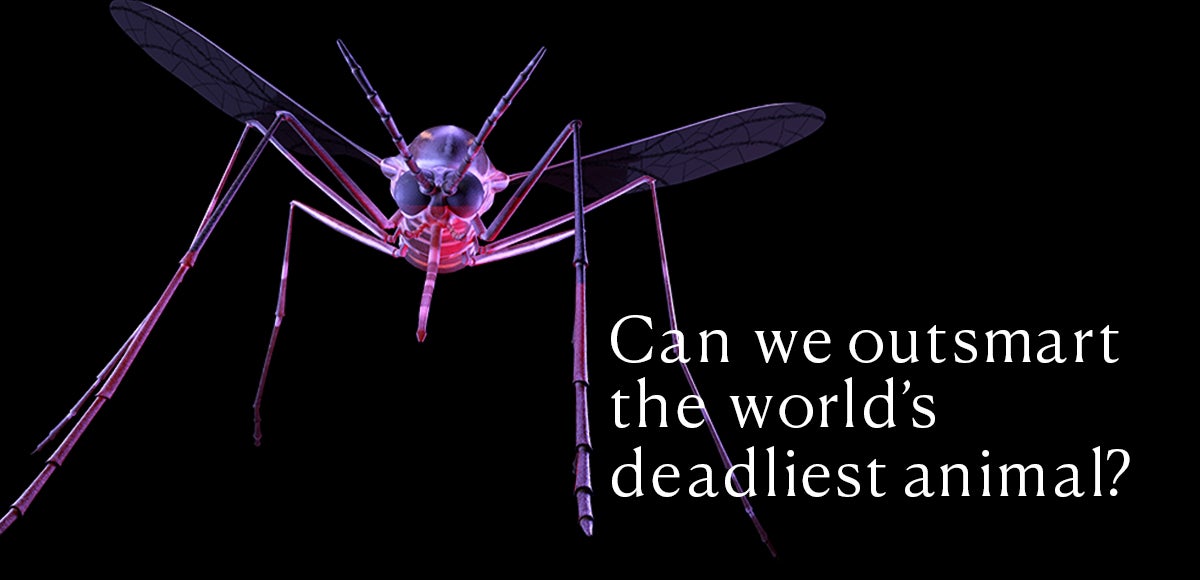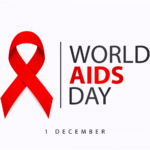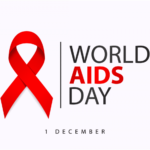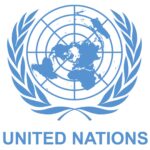House Committee Vows to Safeguard Effective Use of Malaria Eradication Funds

In a determined bid to ensure that allocated funds aimed at tackling the scourge of malaria are employed for their intended purpose, the House of Representatives Committee on HIV/AIDS, tuberculosis, and Malaria has made an unwavering commitment.
In a statement issued to mark the global event of World Malaria Day, the committee’s Chairperson, Amobi Ogah, highlighted the federal government’s resolute dedication to eradicating the menace of mosquitoes across the nation. This ardent pursuit involves collaborative efforts with key stakeholders within the healthcare sector.
World Mosquito Day, observed globally on August 20, has taken on particular significance this year, bearing the theme “Fighting the world’s deadliest killer – the mosquito.”

Ogah conveyed that through a focused endeavor to eliminate the parasitic threats, the weight of malaria’s burden could experience a notable reduction. To this end, he extended an appeal to both the federal and state governments to bolster their efforts in ridding the nation of these troublesome insects.
“The House Committee on HIV/AIDS, tuberculosis, and malaria control recognizes the hurdles faced by Nigerians in their battle against these ailments, particularly the persistent challenge of malaria control. However, we assure Nigerians that the committee will be resolute in our collaboration with pertinent stakeholders to ensure the judicious utilization of budgeted funds,” the statement articulated.
“We are committed to executing thorough oversight functions to ascertain the pivotal role of primary healthcare within the comprehensive rollback malaria program.”

It is no secret that Nigeria is in dire need of fortified defenses against malaria. The country’s alarming death toll due to this disease accounts for nearly a third of the global tally of 619,000 malaria-related deaths each year.
In the eyes of the World Health Organization (WHO), the criticality of this matter is underscored by their latest data. It reveals that four African nations bear the brunt of global malaria mortality: Nigeria heads this list, contributing a staggering 31.3%, trailed by the Democratic Republic of the Congo (12.6%), Tanzania (4.1%), and Niger (3.9%).
Ogah acknowledged the comprehensive guidance provided by the WHO’s global technical strategy for malaria 2016–2030, with its 2021 update. This essential framework stands as a beacon to guide and bolster the endeavors of malaria-endemic countries, Nigeria included, as they unite to wrest control from this endemic. The strategy underscores a collective aspiration for malaria control and ultimate elimination.



